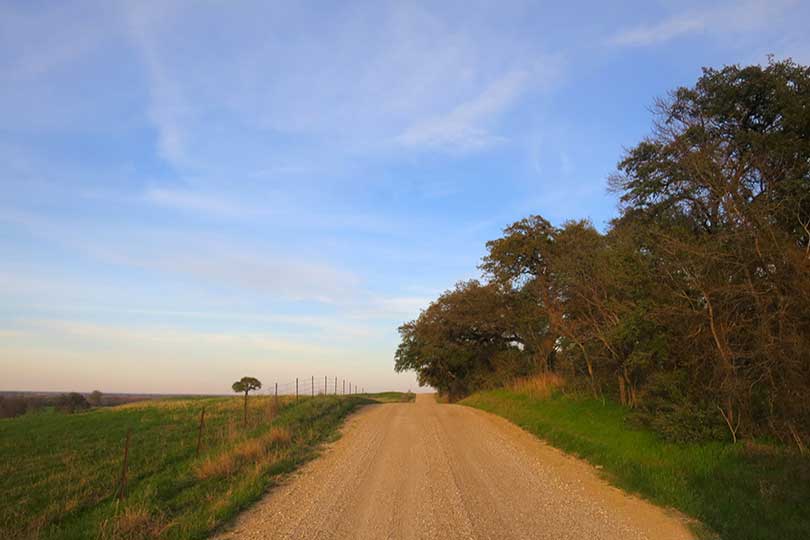A group of senators launched a new caucus to focus on strengthening broadband infrastructure and deployment across the country, according to Agri-Pulse.
The bipartisan group includes Republicans Shelley Moore Capito of West Virginia and John Boozman of Arkansas, Democrats Amy Klobuchar of Minnesota and Heidi Heitkamp of North Dakota and Independent Angus King of Maine.
The caucus will “promote bipartisan discussions about possible solutions to increase connectivity and close the digital divide, especially in rural America, and engage with a broad range of industries and other stakeholders.”
As Internet access plays an increasingly important role in all sectors of our economy, from education to agriculture, telemedicine to the innovation economy, the Senate Broadband Caucus will serve as a platform to engage in discussions across committee jurisdictions and to inform senators and their staff about emerging broadband issues,” the lawmakers said in a release.
“Broadband is no longer a luxury in today’s highly-connected world,” King said. “It’s an essential tool that connects people and communities to economic and educational opportunities in unprecedented ways—and that’s why it’s critical that Congress invests in its expansion as a central part of a thriving 21st Century economy.”
About 250,000 jobs are created for every $5 billion invested in broadband infrastructure, the senators said. And with every percentage point increase in new broadband distribution, employment expands by 300,000 jobs.
“Unfortunately, the digital divide between rural and urban America is growing as essential broadband infrastructure falls behind in certain parts of the country,” Capito said.
In rural America, 39 percent lack access to the Federal Communication Commission’s definition of broadband, according to the FCC’s 2016 Broadband Progress Report.
“In an increasingly connected global economy, reliable high-speed broadband is essential to ensuring the competitiveness of rural communities and local businesses,” Klobuchar said. “The livelihoods of families, the success of students, and the bottom line of businesses should not be determined by where they are located and their ability to access high-speed Internet.


I live only 15 miles from the capital of Texas and have limited choices of broadband companies. I also pay four times more than my city counterparts. The highest speed I can get is 15 MB. My area is not densely populated and this is why we need to have a cooperative project like they had in the 30;s to electrify American rural areas. The government played a role by financially helping Electric cooperatives install the infrastructure so rural areas could have electricity.